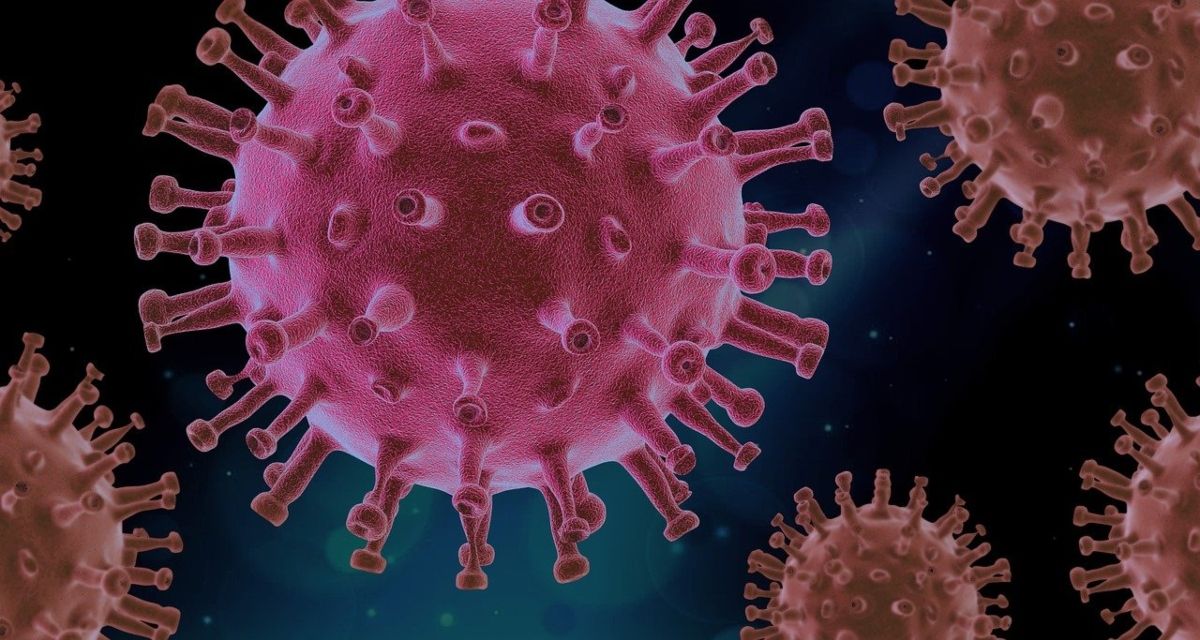New Delhi: Pune’s National Institute of Virology (NIV) has identified another variant of the Covid-19 virus, which has been identified as the B.1.1.28.2 variant. The new variant has been detected through genome sequencing of samples collected from international travellers.
According to a The Times of India report, NIV Pune has found the new variant after genome sequencing of samples collected from travellers who arrived in India from Brazil and the United Kingdom. The report further adds that the new variant is likely to cause severe symptoms and may need greater screening of vaccine efficacy against it.
Meanwhile, a study by The Indian SARS-CoV-2 Consortium on Genomics (INSACOG) has found that the coronavirus variant dominating India, or the Delta variant, is behind the second surge of Covid in the country. The govt appointed experts says that the Delta variant – or the B.1.617.2 strain, first found in India, is the “primary cause” behind the second Covid-19 wave.
“B.1.617 variant & its lineage B.1.617.2 were primarily responsible for surge in cases with high transmissibility of 50% more than Alpha variant (B.1.1.7),” said the study.
The B.1.1.7 variant of the coronavirus has been named ‘Alpha’.
The B.1.617 lineage of SARS CoV-2 was first reported from Maharashtra but it is now seen in other states such as West Bengal, Andhra Pradesh, Delhi, Gujarat, Telangana.
“The current surge in cases seen over the last two months in some states shows a correlation with the rise in the B.1.617 lineage of SARS CoV-2,” the Indian SARS-CoV-2 Consortium on Genomics (INSACOG) further added.
INSACOG is a grouping of 10 National Laboratories INSACOG is a grouping of 10 National Laboratories established by the Ministry of Health and Family Welfare.
